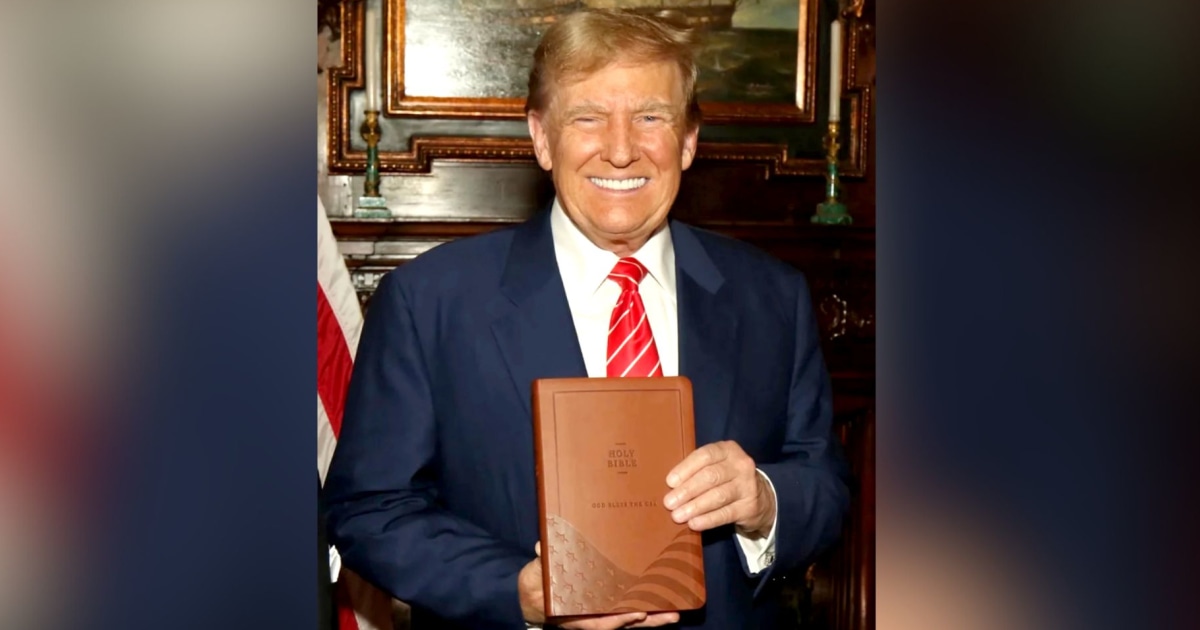Enlarge image
Plagiarius Figure: A prize, but not a trophy
Photo: Plagiarius
Why reinvent something that works great?
So innocent could ask who just recreated another manufacturer's idea.
The problem with this is obvious: the development of a product costs money, which is why someone can't just rake in the money afterwards with ideas to which they didn't contribute.
This is the basis of patent rights, licenses and design patents (which do not really mean taste, but design).
But because something like this is still done, and in large numbers, there is the Plagiarius campaign: For 46 years, the association has been drawing attention to product and brand piracy and awards the Plagiarius, a shameful prize for particularly brazen examples of the copyists' guild.
The windy business cannot be curbed with it.
In recent years, the industry has rather complained about an increase.
This is also favored by the growth of online trade: Many copies might not even be bought if one could first examine and touch them in person.
more on the subject
Report of the EU authorities: How the pandemic benefits product piracyBy Michael Sauga, Brussels
A jury awarded eight products this year – well: awards.
Despite all the criticism, the Plagiarius people point out that the price says nothing about whether the counterfeit product "is legally permissible or illegal."
This is sometimes quite difficult to prove in court.
Rather, the aim of the Plagiarius campaign is “to raise public awareness of the questionable – and sometimes criminal – business methods of product and brand pirates”.
All alleged imitators are therefore also given the opportunity to comment before publication, only a few have used it.
It's not just about the money, but also that counterfeits are very often of inferior quality and sometimes even have security deficiencies.
Savings are not only made in development, but also in material and production costs.
The 2022 award winners
1st prize: Klikk cutlery set
The original cutlery set comes from the manufacturer Koziol.
The highlight is the design, with which you can put a set together compactly.
But that only works if the mix of materials and the manufacturing accuracy are right - especially since cutlery is put under a lot of strain when eating.
The copy (in the photo below), which an Australian publisher had made in China to attract customers, clearly falls behind in this respect.
The plastic deforms "after a very short time" and makes the cutlery "completely unusable after just a few uses," writes the Plagiarius jury.
Also winning the smear award was the copy of the on-the-go product variant, Klikk Pocket, which appears to be aggressively promoted on Google and social media.
2nd prize: Wika pressure gauge
Whether mechanical engineering, the food industry or pharmaceutical production: you need measuring devices that precisely indicate the pressure in a container.
The family company Wika in Klingenberg, Lower Franconia, specializes in such things - and suddenly came across models that are not in the Wika catalog (on the right in the photo).
Not only is the brand name fake on the replica pressure gauges, it also says "Made in Germany" even though they apparently come from Bangladesh.
According to the jury, key internal components are also cheaper, which could even be dangerous if the measurements are inaccurate.
3rd prize: Double-row »INA« axial angular contact ball bearing
In this example, the jury becomes very clear: the Chinese manufacturer of the copy "shamelessly counterfeits everything: from products, packaging and the brand names of renowned manufacturers such as Schaeffler to dealer certificates to data matrix codes and bank confirmations".
However, a 3D scan from an independent source shows that the quality is not right and the fine dimensions sometimes deviate considerably, "with unforeseeable consequences depending on the installation situation".
»Knipex TwinKey« switch cabinet key
It's almost a compliment for the practical, patent-protected original, but the effort is enormous: in the past three years, the Wuppertal-based pliers manufacturer Knipex has had a whopping 9,500 copies of its Twin Key (middle of the picture, several copies around) deleted from online platforms .
With the product, several keys are star-shaped and held together with magnets.
The magnets in particular often do not work with the imitators, according to the award statement.
Germens shirt »Alnuso«
Copies do not only affect mechanical engineering.
This shirt from the Chemnitz-based company Germens (on the left in the picture) is confusingly similar to another online retailer - and it's not just about any plaid, where it is in the nature of the pattern that it looks the same.
From this case you can learn how to recognize fake shops (among other things): There is no imprint on the website where the copy is offered, the address given on Facebook cannot be reached.
There are keywords like "design process" or "sustainable production" on the site, but the links lead nowhere.
Only payment works smoothly.
Volkswagen hubcap from Italy
Honestly, one of the two wheel trims says »Not an original product, but interchangeable«.
Unlike the original, it was manufactured in Turin by the Murama company and costs only a quarter of the price that Volkswagen charges for it.
A court is currently to determine whether and how illegal the hubcap is in Italy – but that may take a while.
A German online retailer complied with VW's request to sign a cease-and-desist declaration.
But not Murama: As long as the legal dispute in Italy has not been decided, the company assumes that it is allowed to do so.
CanadianCat feed bar »Cat Diner«
The discounter's version was pretty nice too, and it was 80 percent cheaper too — although the copy of this cat feeder doesn't have ceramic bowls, but plastic ones (bottom photo).
But even the discounter and his supplier saw that the idea with the integrated cat grass (and the entire design in general) was copied.
They have now reached an out-of-court settlement with the original manufacturer.








